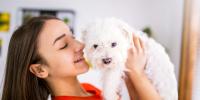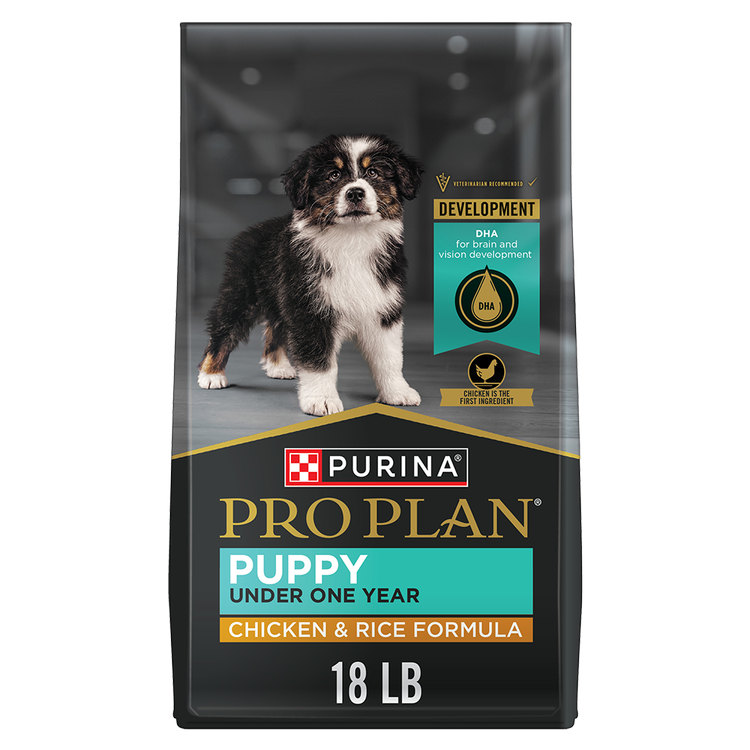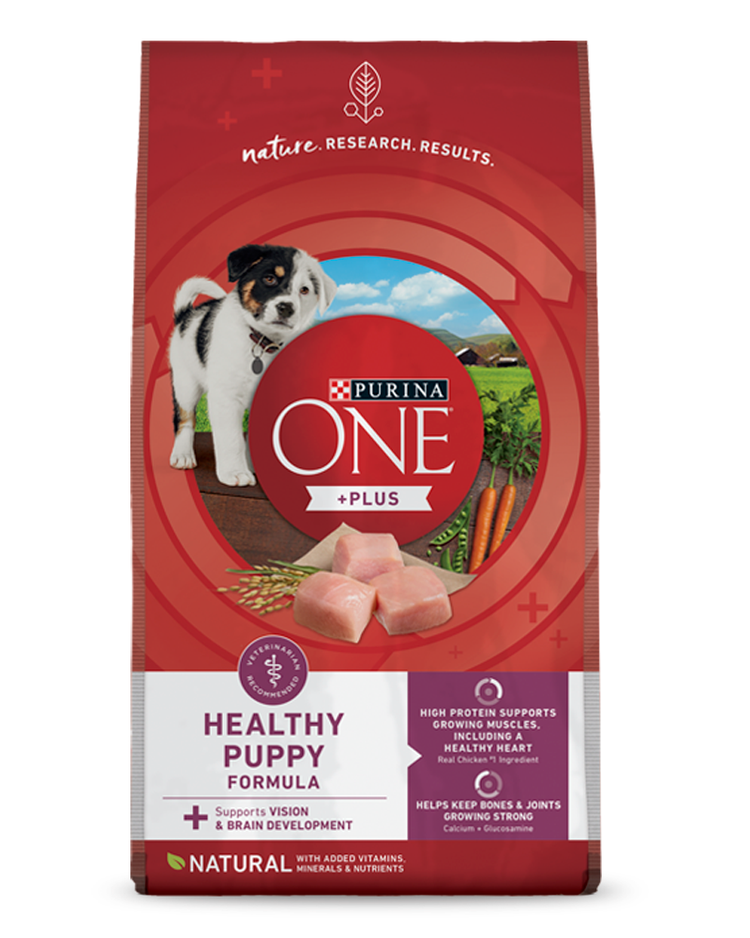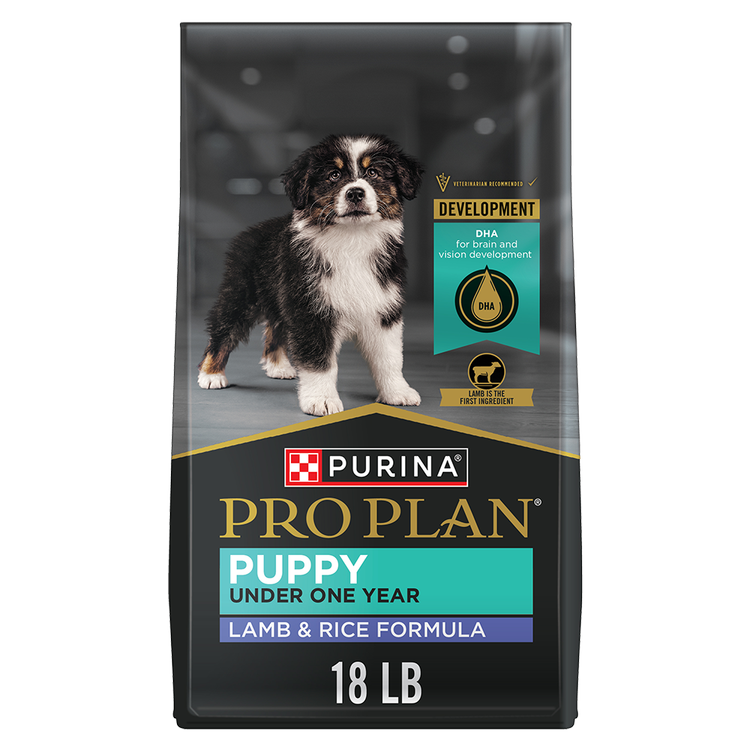How Do You Know if Your Puppy is Sick? Here Are Commons Signs of Puppy Sickness


How do I know if my puppy is sick? Puppy owners often need an answer to this critical question quickly. The good news is that our puppy care experts can offer some help.
With a sick puppy, what to do is to identify the primary signs of sick puppy issues so your puppy can get the help it needs.
Our puppy care experts identify those crucial puppy sickness signs. We share some of the most common health issues that puppies face, tips and resources for a happy and healthy puppy and when to seek veterinary care.
Why Are Puppies Prone to Sickness?
Any puppy owner needs to be able to quickly tell what is making their puppy sick because, well, they’re puppies – they’re so young. Like human babies, puppies’ immune systems are weak, so more illnesses can quickly turn deadly than with adult humans or dogs.
Signs a Puppy is Sick
Puppies are challenging when communicating if they aren’t feeling well. The signs that your puppy is sick may be more subtle with puppies than the signs pointing to illness with adult dogs. Here are a few common ways how to tell if a puppy is sick:
- Withdrawn Behavior: Healthy puppies are high-energy and playful. Puppies with behavior changes, such as lethargy or agitation, are most likely sick.
- Disorientation or Dizziness: Puppies stumble as they learn to walk, and it sure is adorable. On the other hand, if they appear weak and often look disoriented or stiff, it could be a sign your puppy is sick.
- Excessive Grooming: Grooming isn’t just for cats; dogs do it too regularly. However, excessive scratching or licking isn’t normal behavior, especially if there’s repeated targeting of one area, such as itching behind the ears.
- Little or No Appetite: If your puppy is not eating, or is eating less, that may mean that they’re feeling sick, especially when paired with other signs such as vomiting, lethargy or diarrhea. Any puppy diet should be consistent.
- Vomiting: A vomiting puppy should be seen by a veterinarian as soon as possible.
- Inconsistent Bowel Movements: Any change in how much your puppy uses the bathroom is cause for concern.
- Skin and Coat Changes: A patchy or dull coat signals health concerns. It could be something they caught, or it could be stemming from their diet.
- Diarrhea: Puppy diarrhea may be due to food intolerance, changes in diet or overall stress. It may also be due to infection or parasites. Regardless, if your puppy has diarrhea with an unusual color, lethargy, dehydration or is vomiting, these are all puppy health issues, and you should contact your vet as soon as possible.
- Unusual Snout and Eyes: If your puppy is coughing, panting, sneezing or has excessive drooling or bad breath, those can all be signs that they’re sick. Red, dry or cloudy eyes are also cause for concern.
- Low or High Puppy Temperature: If your puppy has a resting temperature above 103 degrees or below 99 degrees, it’s essential to contact your veterinarian as quickly as possible.
Common Puppy Illnesses
If your puppy appears sick in any of the ways described above, it may mean they have at least one of the following most common diseases in puppies.
Canine Parvovirus
Canine parvovirus, or parvo, is a common sickness in puppies that spreads virally among dogs through stool. Parvovirus can also live in the environment for months to years. It harms puppies’ gastrointestinal systems, including their intestinal lining, bone marrow, lymph nodes and tonsils. Puppies are most likely to contract parvo between 6 and 20 weeks, the age at which your veterinarian will most likely administer a vaccine. The Canine Parvovirus vaccine is a core vaccine and critical for prevention. However, until the vaccine schedule is complete, your puppy could still easily catch parvo. Puppies with parvo will most likely need hospitalization. Some of parvo’s specific symptoms may include:
- Dehydration
- Bloody diarrhea
- Fever
- Lethargy
- Loss of appetite
- Vomiting
Puppy Diarrhea Concerns
Puppy diarrhea is one of the most common puppy illnesses with varied causes. It might be due to a new diet quickly introduced or from the stress of moving. Puppy owners should slowly introduce any new food to their puppies. It can also be caused by eating inedible objects such as trash, plants or toys. Severe causes include worms and other parasites or parvo and other infectious diseases. It is essential to monitor any puppy diarrhea and contact your vet if it is extreme or doesn’t stop in more than a couple of days. Puppy diarrhea may include the following specific symptoms:
- Loose stool
- Stool that’s a different color than brown
- Bloody stool
Canine Parasites
Fleas, ticks and worms are parasites and common puppy health problems, with fleas being the most common external parasite and worms being the most common internal parasite. They can transmit fatal diseases to your puppy. Puppy dog owners can prevent parasites more easily through regular treatments than post-treatment. Specific symptoms showing your puppy may have parasites may include:
- Various allergies
- Itching
- Diarrhea (possibly from intestinal parasites)
- Anemia (also possibly from intestinal parasites)
- Inflamed skin
Canine Mange
Puppies can catch mange through other puppies by sharing bedding and direct contact. It’s a contagious skin disease caused by burrowing mites that can lay eggs in your puppy’s skin, which creates more mites and causes severe itching. Your vet can treat mange often within a month. Specific symptoms of mange may include:
- Crusted skin
- Crusted skin leads to hot spots
- Skin rashes
- Extreme scratching
- Hair loss
Kennel Cough
A contagious respiratory illness, kennel cough spreads among dogs via direct contact, food, water or other shared objects. It can spread quickly through kennels in confined spaces, doggy daycare or dog shows. Puppies’ weaker immune systems lead to rougher cases of kennel cough, so they’ll benefit more from being vaccinated from kennel cough. Some common specific symptoms include:
- Dry, harsh cough, often followed by heaving
- Runny snout and eye discharge
- Sneezing
How to Help a Sick Puppy
For all the puppy owners asking, If my puppy is sick, what should I do? as puppy health problems vary, treatment varies.
In caring for your puppy, it’s important to remember that you need to reach out to your veterinarian to confirm the best treatment for your sick puppy. Some of the most common ailments may require the following treatments:
- Call Your Veterinarian: Only your veterinarian can verify your puppy’s condition and determine the best action.
- Help Rest: Encouraging your sick puppy to lie down will at least help relax them. Use praise and their toys and make a comfy bed for them.
- Digestive Support with Food: For the best food for sick puppy needs, try serving puppy food with specially formulated digestive support and other health benefits for puppies.
- Speak Gently: Puppies react well to gentle, calm moods. Talk to your puppy in a gentle, encouraging tone.
- Travel Gently: Regardless of your puppy’s condition, it’s always a good idea to keep your puppy relaxed when traveling to the veterinarian; that way, you keep your pup as stress-free and happy as possible until treatment.
- Keep Hydrated: Monitor water intake, ensuring your sick pup drinks the right amount. Watch out for excessive water drinking as well.
Preventing Common Puppy Illnesses
How to Keep Your Puppy Healthy
While puppy illnesses are sometimes unavoidable, there are some ways to keep your puppy healthy, or as healthy as possible, including the following:
- Keep a Healthy Diet: Giving your pup the fuel they need to grow and thrive is essential. Feeding a healthy diet of puppy food formulated for growing puppy nutritional needs is the best route.
- Manage Weight: Consult with your veterinarian to learn the optimal weight for your puppy’s breed and try to monitor for any noticeable changes. Feed your puppy’s recommended serving sizes, which vary based on your pet’s individual puppy nutrition needs. Extra can cause skeletal deformities and decrease their life expectancy.
- Monitor Coat, Skin and Eyes: Any changes in coat, skin or eye appearance can be the first symptoms of an illness.
- Play With Your Pup: Play is exercise and as rewarding as it is healthy for puppies with a lot of energy. Play helps keep puppies happy and in good shape. Just make sure to play with them more gently than adult dogs because they’re still a little more sensitive to their new environment. Outdoor safety for puppies is also paramount – they should receive core vaccinations for diseases before going on walks.
- Preventative Parasite Treatment: Puppies are more sensitive to parasites than adult dogs, so scheduling regular preventative treatments is a great idea.
- Vaccinate: The puppy immune system is less robust than a full-grown dog’s, so it’s essential to consult with your veterinarian on scheduling all the puppy shots that your pup could benefit from, including, but not limited to:
- Core vaccines, such as:
- Rabies
- Distemper
- Adenovirus
- Parvovirus
- +/- Parainfluenza
- Noncore vaccines depending on lifestyle, location and risk of exposure, such as:
- Leptospirosis
- Lyme disease
- Kennel cough (Bordetella)
- Influenza
- Rattlesnake toxin
- Maintain Hygiene: It’s essential to ensure your puppy is in an environment that’s clean and disinfected.
- Hot tip: Parvo spreads through dog poop, and it might be easier to spread than you might think. For example, you could accidentally step in parvo-infected poop and then manage to notice later after you’ve walked around with that under your shoe. If that happens, know that household cleaners may fail to kill parvo. Treating affected surfaces with a solution of one gallon of water mixed with three-quarters of a cup of bleach is recommended.
When to See a Vet
A critical consideration in how to keep a puppy healthy is to talk to your veterinarian whenever you notice something is off, especially in those delicate early puppy years. That way, your puppy can get treatment for the best prognosis in case it gets sick and receive all the preventative puppy health care needed to avoid getting sick in the first place.
For more expert tips on your puppy’s health, explore our other puppy health articles.

Be Rewarded for Your Purina Purchases
Earn and redeem points for Purina products with myPurina app.






